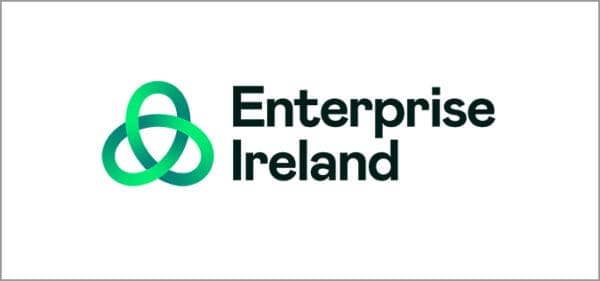One of the first considerations for anyone starting a new business is to formulate a solid, realistic business plan with attainable goals. An accountant can assist you with this vital job. Why is a business plan important? A business plan is a formal statement of your business goals. It is a document that gives a new business direction and guidance in the first  business year. It is a document that also gets your business results. Remember, a business plan should not be confused with a Marketing Plan. Your business plan will contain information on Marketing your business, but any good business will develop a formal marketing plan also. A business plan should contain the following:
business year. It is a document that also gets your business results. Remember, a business plan should not be confused with a Marketing Plan. Your business plan will contain information on Marketing your business, but any good business will develop a formal marketing plan also. A business plan should contain the following:
1. A confidentiality agreement.
Protect your companies information if you are showing it to anyone outside the business.
2. The Company Discription.
This should contain a S.W.O.T analysis, long term aims of the business, descriptions of products and services, any advisers involved in the business, and promoters and shareholders and their interests.
3. Market analysis.
This is a description of your target markets, your competitive advantage, the valuation of your target market, market trends, a profile of competitors, and benefits to clients/customers.
4. Marketing & Sales Strategy.
This includes a detailed description of your marketing strategy, pricing, your income sources, sales strategy, and advertising plan.
5. Research & Development.
Research and development includes information on intellectual property through Trademarks, Patents, Product & Service development, and R&D.
6. Staff & Operational structure.
This section contains information on the Operational structure of the business, Staffing charts and plan, and information on any training plans for the business.
7. Financial Projections.
Your financial projections will include some key assumptions, balance sheets, profit and loss accounts, and cash flow projections. Keep your first business plan and match the financial projections against actual trading after a few years in business. This will help you refine future business plans and make the projections more accurate.
8. The Sales Pipeline.
The sales pipeline is a process used by sales managers to quantify the demands on products and services in a business, and to manage the process from enquiry to sale.
9. Initial Funding Requirements.
This includes all requirements and how the funds will be used in the period being planned, be it one or two years.
The business plan should be directed at external stakeholders i.e. the bank, potential investors, strategic partners.



